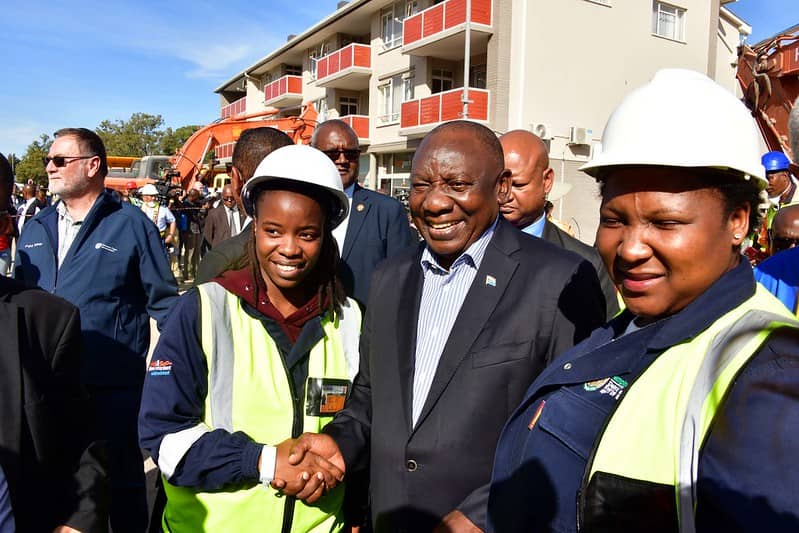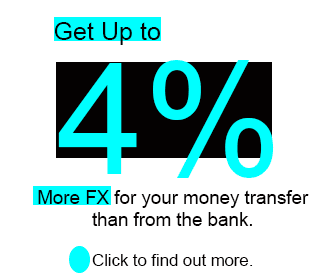South African Rand Rises on Fading Political Risks
- Written by: Sam Coventry

File image of SA President Cyril Ramaphosa. Photo: GCIS, GovZA.
Analysts say the South African Rand's performance has fading political risk to thank.
The Rand has been one of the better-performing Emerging Market currencies of the past month, aided by improved global investor sentiment and easing fears that the elections due at the end of the month will deliver a market-unfriendly government.
"The rand continues to strengthen ahead of the national election in South Africa at the end of the month, today having recorded R18.11/USD, as the risk premium unwinds on rising market expectations of the avoidance of an ANC/EFF coalition," says Annabel Bishop, an economist at Investec.
Polls show firming support for the ruling ANC, even as it looks set to see its vote share fall below the 50% threshold required to rule outright. This means the biggest party will require agreement with one of the opposition parties to govern.
"As we head into the 2024 South African general elections, the Rand has been among the best performing EM currencies over the last few weeks," says a weekly currency note from Goldman Sachs. "South Africa specific risk premium has been declining, especially after the latest polls pointed to a higher probability that the African National Congress (ANC) will secure enough votes to enter a coalition with smaller opposition parties, implying policy continuity."

On May 29 South Africans will elect representatives to the national and provincial parliaments in the country's seventh democratic general election.
According to the polls, support for South Africa's governing African National Congress has fallen to below 40% in recent months, but fortunes have steadily improved over recent weeks as campaigning activity has increased.
The Social Research Foundation Daily Tracking Poll shows a pick up from sub-40 in April to around 45% now.
Goldman Sachs says its research shows South Africa-specific risk premium in the Rand is now in line with its historical average at the moment.
The market assumption is that the ANC will opt to govern alongside the Democratic Alliance (DA), which currently commands about 21% of the vote. The DA has hinted it is open to a deal with the ANC.
A risk for the Rand is the ANC opting to govern alongside the Economic Freedom Fighters (EFF), a radical leftist party. In fact, any other non-DA coalition outcome would prove unsavoury for markets.
"While the polls do show a significant, if not absolutely precise, degree of accuracy, an unexpected outcome where the ANC does decide on a national coalition with the EFF would then result in very severe rand weakness, negatively affecting inflation," says Bishop.




